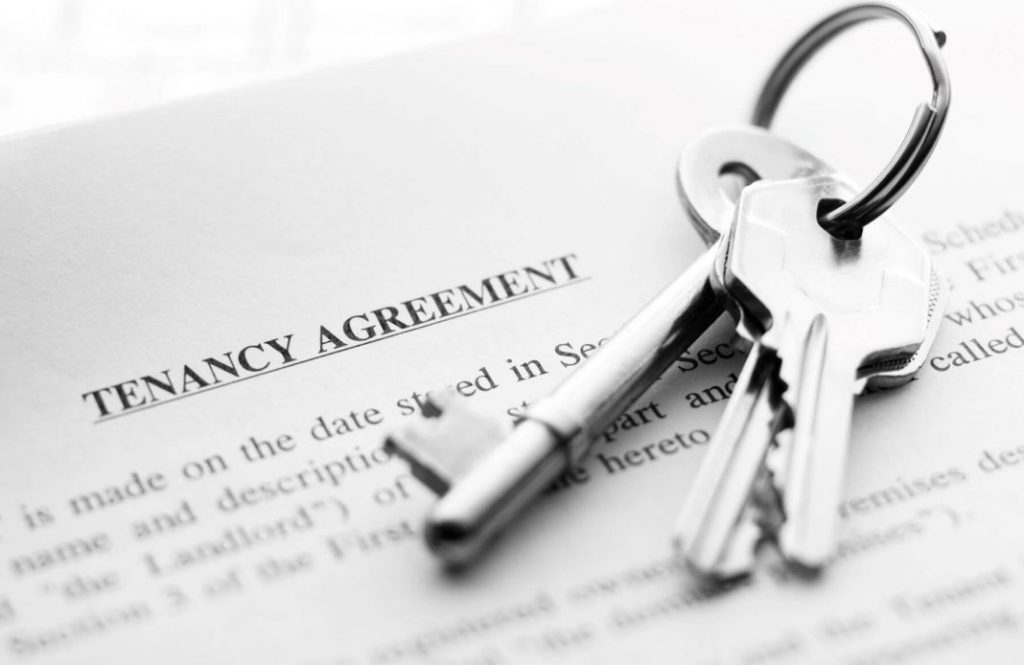Understanding Your Lease Agreement: Key Clauses Tenants Should Know
When signing a lease agreement, it’s crucial for tenants to understand the key clauses that outline their rights and responsibilities. A well-informed tenant can avoid potential disputes and ensure a smooth rental experience. Here’s a comprehensive guide to help you navigate your lease agreement and identify the most important clauses.

In this guide:
1. Rent Payment Terms
One of the most critical aspects of your lease agreement is the rent payment terms. This clause details:
- Amount of Rent: The exact amount you need to pay each month.
- Due Date: The specific day each month when rent is due.
- Late Fees: Penalties for late payments, including the grace period, if any.
Understanding these details helps you avoid late fees and ensures timely payments, maintaining a positive relationship with your landlord.
2. Security Deposit
The security deposit clause outlines:
- Amount: How much you need to pay as a security deposit.
- Usage: Conditions under which the deposit can be used by the landlord, such as for damages or unpaid rent.
- Return Conditions: What you need to do to get your deposit back, including the timeframe for its return after moving out.
Knowing these conditions can help you ensure that you get your deposit back in full.
3. Maintenance and Repairs
This clause specifies:
- Tenant Responsibilities: What maintenance tasks you are responsible for, such as changing light bulbs or smoke detector batteries.
- Landlord Responsibilities: Major repairs and maintenance tasks the landlord must handle, like plumbing or electrical issues.
- Reporting Procedure: How and when to report maintenance issues to the landlord.
Understanding maintenance responsibilities prevents confusion and ensures prompt repairs.
4. Duration of the Lease
The lease duration clause includes:
- Lease Term: The start and end dates of your lease.
- Renewal Options: Terms for renewing the lease once it expires.
- Termination Conditions: Conditions under which the lease can be terminated early by either party.
This information helps you plan your living arrangements and understand your obligations if you need to move out early.
5. Use of Property
This clause covers:
- Permitted Use: Activities allowed within the property, such as residential use only.
- Prohibited Activities: Activities not allowed, such as running a business or illegal activities.
- Guest Policy: Rules about having guests stay over and for how long.
Knowing these rules helps you avoid lease violations.
6. Pet Policy
If you have pets, this clause is crucial:
- Allowed Pets: Types of pets permitted on the property.
- Pet Deposit/Fee: Any additional fees or deposits required for having pets.
- Rules for Pets: Conditions for keeping pets, such as size or breed restrictions.
Understanding the pet policy helps you ensure compliance and avoid fines.
7. Subletting
This clause outlines the rules for subletting the property:
- Permission Required: Whether you need the landlord’s permission to sublet.
- Conditions: Any specific conditions for subletting, such as the subtenant meeting certain criteria.
Knowing these rules is essential if you plan to sublet the property.
8. Entry by Landlord
This clause specifies:
- Notice Requirement: How much notice the landlord must give before entering your property.
- Permitted Reasons: Valid reasons for landlord entry, such as inspections or repairs.
Understanding this helps you know your privacy rights.
9. Renewal and Rent Increase
This clause covers:
- Renewal Terms: Conditions for renewing the lease.
- Rent Increase: How much and how often rent can be increased.
Being aware of these terms helps you plan your finances.
10. Dispute Resolution
This clause outlines the process for resolving disputes:
- Mediation/Arbitration: Whether disputes will be resolved through mediation or arbitration.
- Legal Actions: Conditions under which legal action can be taken.
Understanding this clause helps you know how to handle potential conflicts.
Understanding your lease agreement is essential for a hassle-free rental experience. By familiarizing yourself with these key clauses, you can ensure that you meet your responsibilities and know your rights as a tenant. Always read your lease agreement thoroughly and ask questions if any terms are unclear.
For professional cleaning services to keep your rental property in top shape, consider Go Cleaners London. Whether you need end-of-tenancy cleaning, domestic cleaning, or specialized services like carpet or window cleaning, our team is here to help. Contact us today to learn more about our services and how we can assist you in maintaining a clean and healthy living environment.